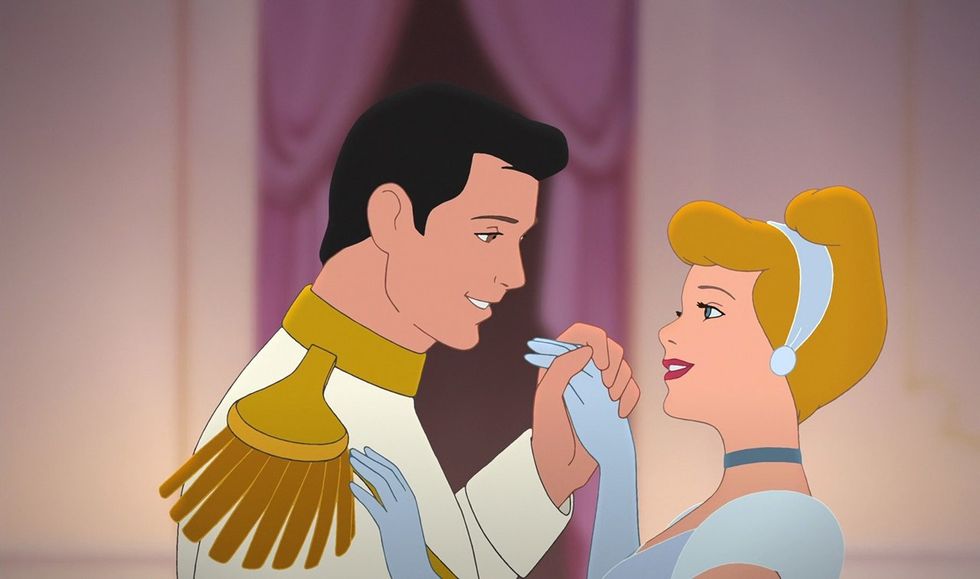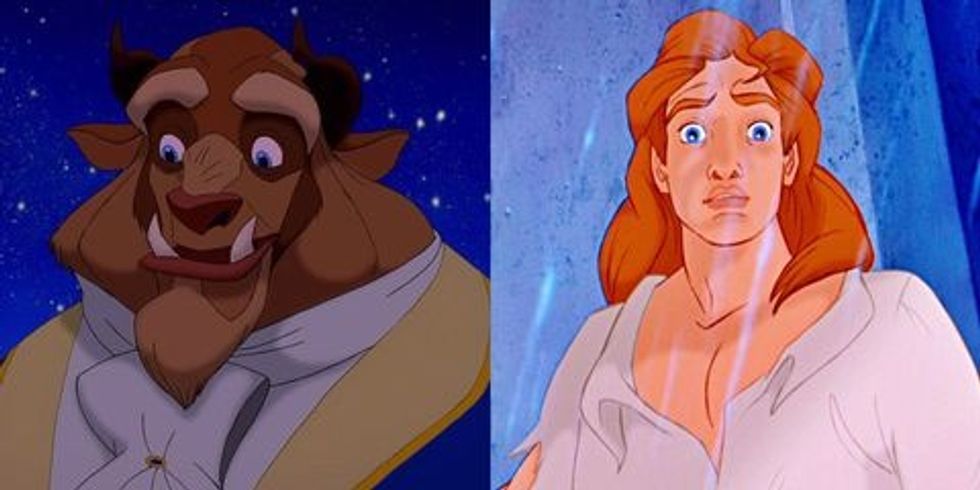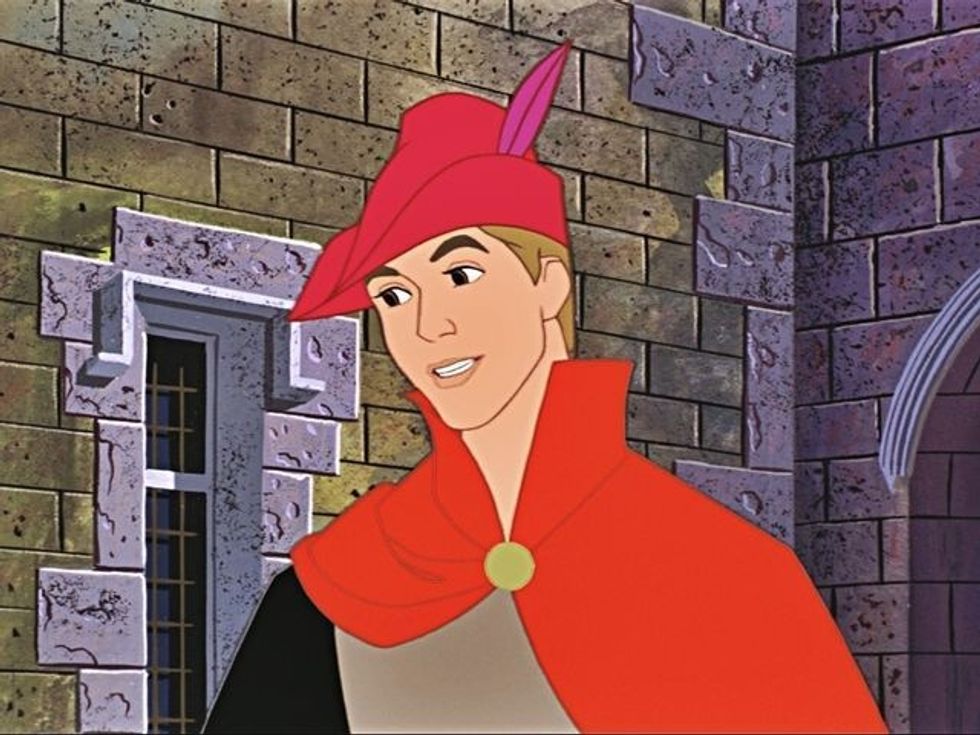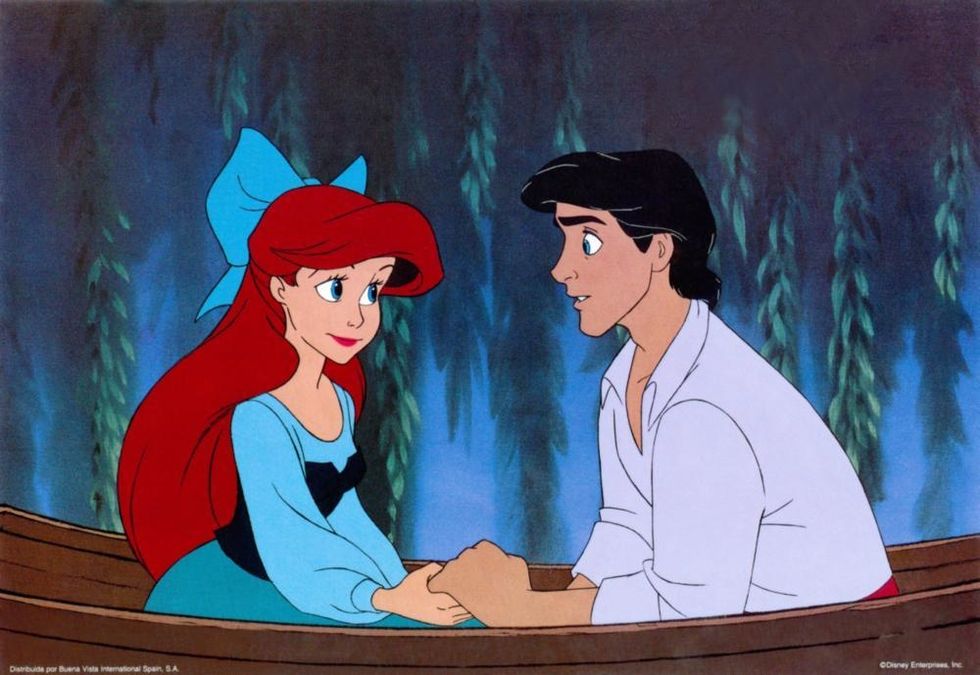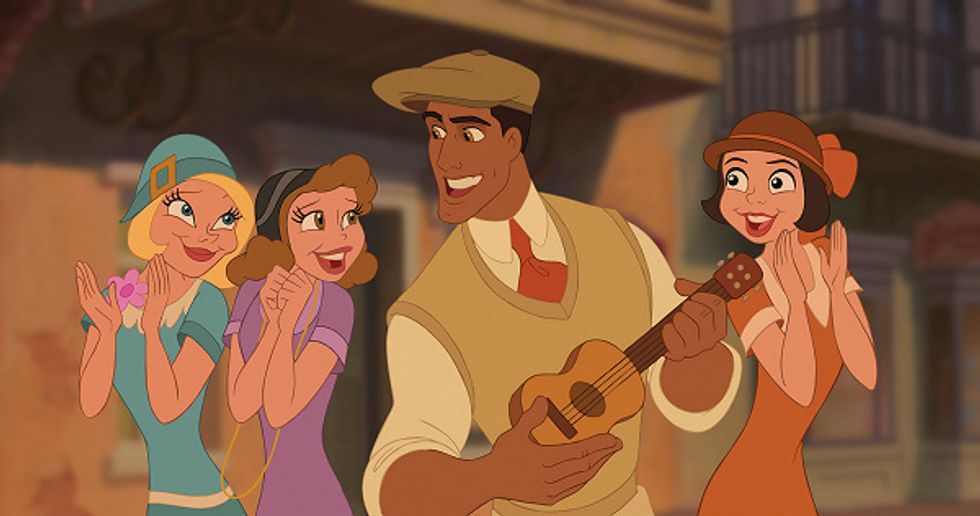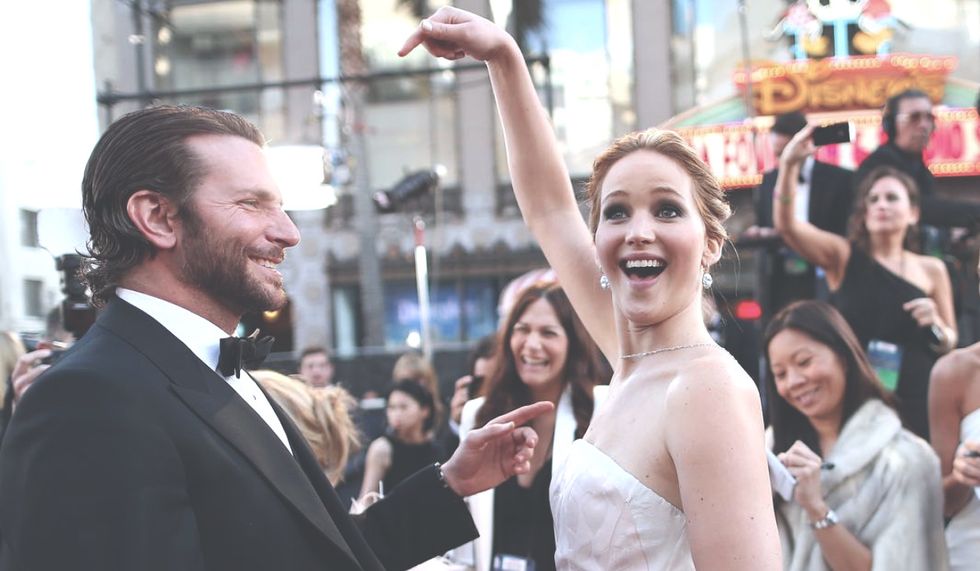In Our Progressive Society, Why Is Genderbent Casting Only Either A Necessity Or A Statement?
I'm just a girl who wants to be able to play a boy, is that too much to ask for?
"Sometimes I just want to be a boy," I complained to a classmate.
"Well, Celine, you can be whatever you want to be." My kind professor interjected.
But apparently, I can't.
With all the forward-thinking, progressive movements in our society today that are working toward abolishing gender stereotypes (and gender as a concept), why is my gender still a defining factor when it comes to what/who I am cast as in theatrical productions?
If you've read some of my previous articles, you know that I'm a musical theater performer. There are plenty of roles that I would love to play, many of which I could play - female characters who are within my age range and vocal range. But, there are many characters I would love to play that I can't until gender isn't considered when it comes to casting.
Genderbent casting makes an appearance every once in a while, but it is a most common necessity (in children's theaters, high school plays, and community theaters), or it's used to make a statement (definitely a good thing, but not what I'm getting at). When I was 12-years-old, I played Prince Phillip in "Sleeping Beauty Jr." because the girl playing Aurora was also 12 years old and all the boys were way too small to cast as her love interest. So I landed the role, put on my "boy" pants, big "boy" shirt, and tucked my hair into my "boy" hat, and played a convincing boy at 12 years old. I was approached by an audience member after the show who told me she didn't realize I was a girl until she read the program.
What I mean to say is (when not out of necessity) "genderbent casting" is always a conscious choice. Meaning, gender and/or "appearance of gender" is a main factor when it comes to considering actors for certain roles. My question is this: why should an actor's "appearance of gender" dictate whether or not they get a certain part? Shouldn't it be about the ability to convincingly play a part and talent?
Ah, but in order to "convincingly play a part" you have to look the part, right? I guess. But why do my gender and the stereotypical gender norms that I may or may not conform to add or detract from my ability to "look the part"? Makeup can work wonders. Haircuts can change entire appearances.
I was born female. I identify as a female. But my dream role is male: Jared Kleinman in Dear Evan Hansen. But will I ever get the chance to even try to be considered for this part? Only if society continues changing.




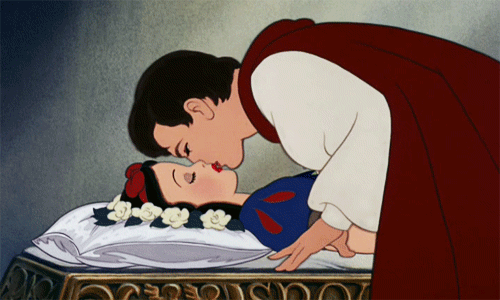

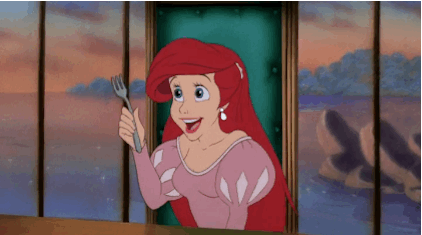
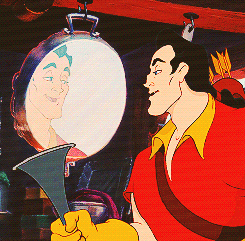

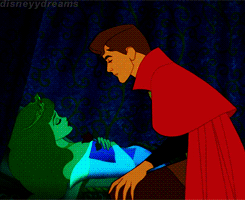



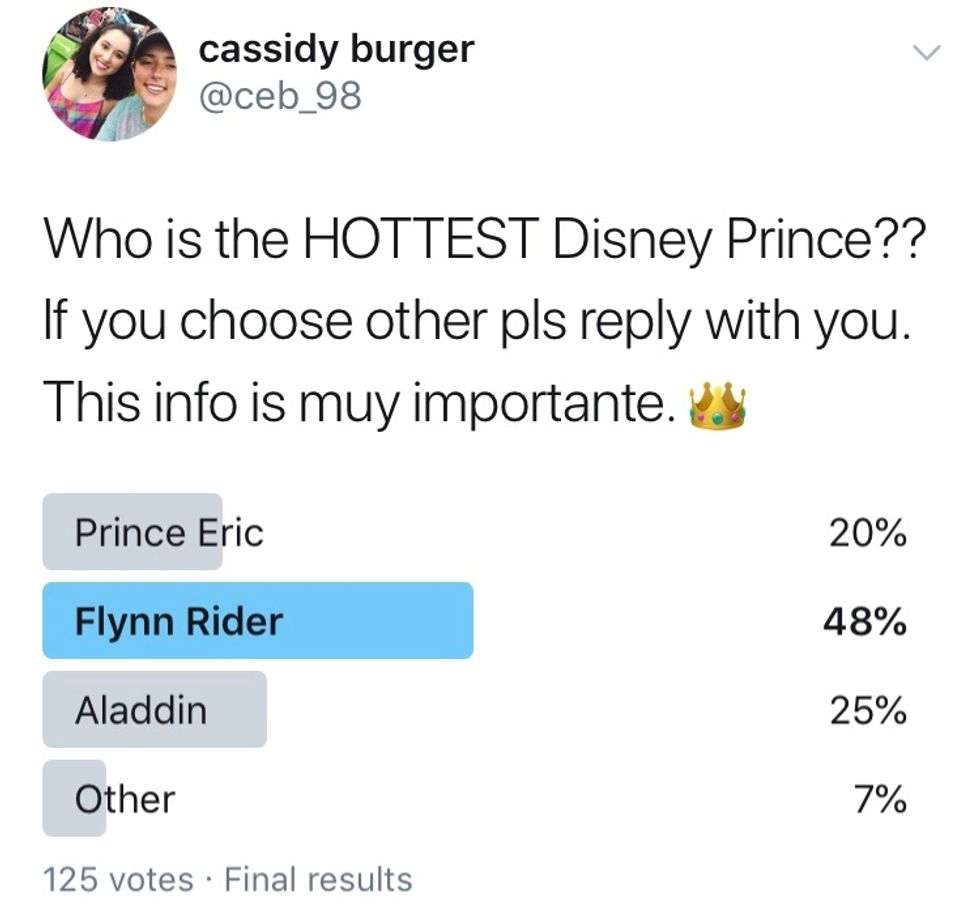 Cassidy Burger
Cassidy Burger 
